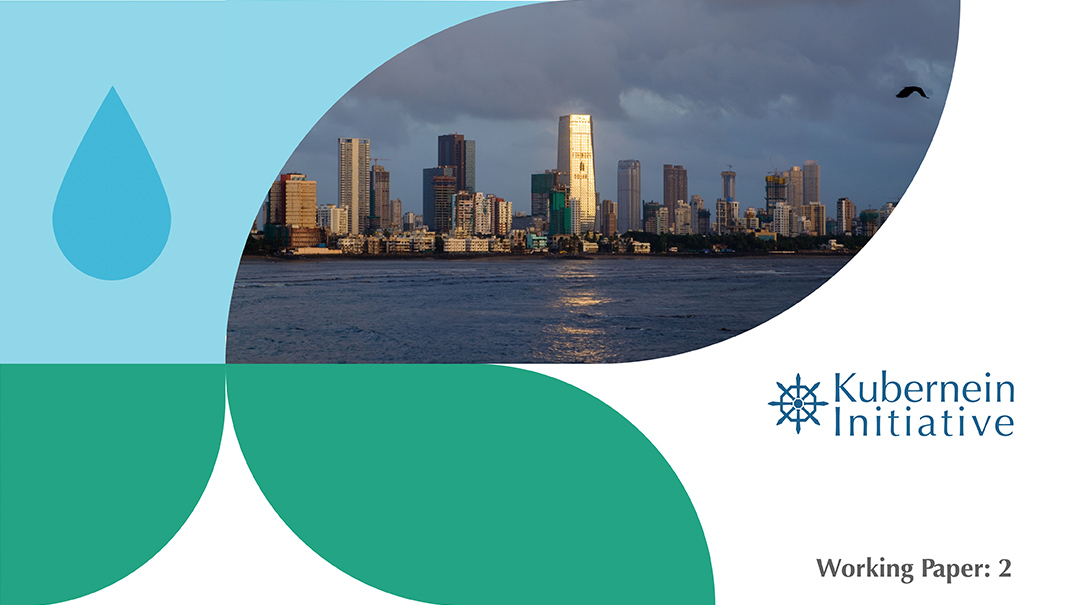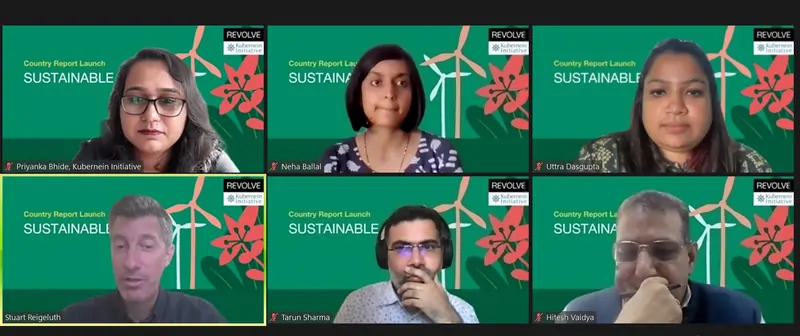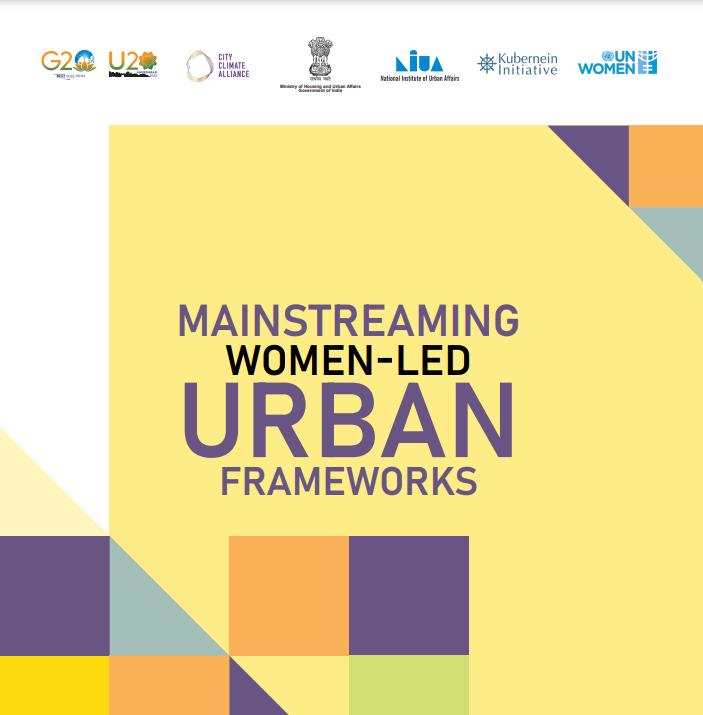Sustainable India 2023 Report
The Sustainable India 2023 report, which houses a series of articles, interviews, VIEWS, and creative visuals establishes where India stands in terms of its broad commitments to sustainability, under REVOLVE’s core themes of Water, Energy, Circularity, Ecosystems and Mobility. This unique report highlights progress, as well as gaps in the region’s climate action targets, pledges, sustainability environment, commitments to integration, and avenues to achieve SDG goals.
The report was digitally launched in September 2023, with expert panellists joining us to discuss India’s sustainability journey so far, challenges and the way forward. Stuart R from REVOLVE and Hitesh Vaidya, from NIUA gave the opening remarks, Tarun Sharma from Nagrika, Neha Ballal, an independent architect, and Uttra Dasgupta from NIUA joined as panellists, moderator was Priyanka Bhide from Kubernein Initiative. Watch the event here.
In order to achieve the goal of Lifestyle for Environment (LIFE), to adopt sustainable lifestyles and climate justice to protect the poor and vulnerable from adverse impacts of climate change, in August 2022, India updated its Nationally Determined Contribution (NDC). The targets include a reduction in emissions intensity of GDP by 45 percent by 2030, from 2005 levels, and achieve about 50 percent cumulative electric power installed capacity from non-fossil fuel-based energy resources by 2030. Sustainability needs to be at the core of India’s growth ambitions, not only for the country itself but as an important actor in global governance. The SDG agenda has been a strong guiding force for India that seeks further development and progress for its people, but in a responsible manner that seeks to balance people, planet and progress. 2023 also marks the halfway point of the SDG targets that few have achieved globally, and the report serves to highlight some of the gains that can be adopted across the country but can also be relevant experiences for other regions in similar stages of their growth story.


